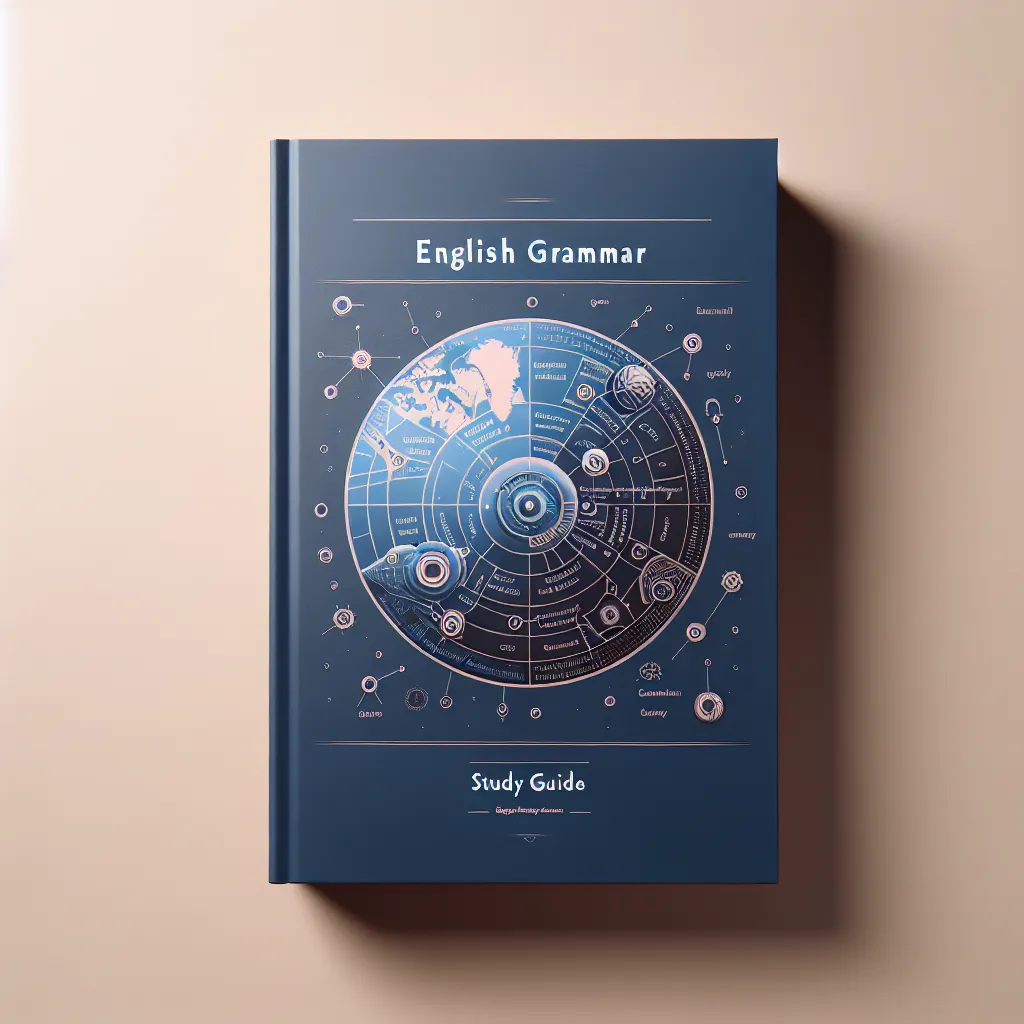Learning English is a journey that can open doors to numerous opportunities. Whether you’re a beginner or looking to hone your skills further, there are several strategies and resources that can help you. In this comprehensive guide, we’ll explore the Best Practices For Learning English, providing in-depth insights, actionable tips, and recommended resources.
Why Learning English is Important
Mastering English is crucial for various reasons. It is the most widely spoken language worldwide, essential for international travel, business, and academic pursuits. Additionally, most global media content is produced in English, making it a vital tool for anyone aiming to stay informed and connected in today’s world.
Best Practices for Learning English
1. Set Clear Goals
Setting clear, achievable goals is the cornerstone of effective language learning. Determine why you want to learn English and what level of fluency you aim to achieve. Whether it’s for travel, work, or personal enrichment, having a clear purpose can keep you motivated.
Example Goals:
- Achieve basic conversational skills within six months.
- Score a specific band on the IELTS exam.
- Read English novels without a dictionary.
2. Immerse Yourself
Immersion is one of the most effective ways to learn a language. Surround yourself with English as much as possible. This could mean watching English TV shows, listening to English music and podcasts, or speaking with native speakers.
Immersion Tips:
- Change your phone and computer settings to English.
- Join English-speaking clubs or forums.
- Travel to English-speaking countries if possible.
3. Use Quality Resources
Choosing the right materials can significantly impact your learning progress. Here are some highly recommended resources:
Recommended IELTS Books:
- The Official Cambridge Guide to IELTS: Provides comprehensive preparation with practice tests and tips.
- Barron’s IELTS Superpack: Offers extensive practice materials and strategies.
- IELTS Trainer by Cambridge: Includes practice tests with detailed explanations.
 Best IELTS books for preparation
Best IELTS books for preparation
4. Practice, Practice, Practice
Consistent practice is key to mastering English. Allocate time daily for different activities such as reading, writing, listening, and speaking.
Practical Exercises:
- Write a daily journal in English.
- Practice speaking with a language exchange partner.
- Take online quizzes to test your grammar and vocabulary.
5. Learn from Mistakes
Making mistakes is a natural part of learning a new language. Don’t be discouraged but rather view them as learning opportunities. Keep a log of your common errors and review them regularly.
Example Approach:
- Record your speaking practices and identify areas for improvement.
- Ask for feedback from native speakers or teachers.
- Review and correct your written assignments.
6. Engage in Interactive Learning
Interactive learning can make language acquisition more engaging and effective. Utilize language learning apps, online courses, and interactive exercises.
Useful Tools:
- Duolingo: Great for beginners with gamified learning.
- Babbel: Offers structured courses for various skill levels.
- Mango Languages: Provides lessons designed for business and travel.
7. Focus on Pronunciation and Accent
Clear pronunciation is vital for effective communication. Take time to learn and practice the correct sounds and intonation patterns of English.
Pronunciation Tips:
- Use online resources like Forvo to listen to word pronunciations.
- Practice with tongue twisters to improve your accent.
- Take lessons from a native speaker if possible.
8. Use Flashcards for Vocabulary Building
Expanding your vocabulary can greatly enhance your English proficiency. Flashcards are a proven method for memorizing new words.
Flashcard Methods:
- Anki: A digital flashcard app with spaced repetition.
- Quizlet: Allows for creating and practicing custom flashcards.
- Physical Flashcards: Write words on one side and definitions on the other.
9. Stay Motivated
Maintaining motivation over the long term can be challenging. Set milestones and reward yourself when you reach them.
Motivation Tips:
- Celebrate small victories.
- Join study groups for accountability.
- Keep a visual tracker of your progress.
10. Practice English in Real-Life Scenarios
Applying your knowledge in real-world situations is essential for fluency. Engage in conversations, travel, or even volunteer where English is spoken.
Real-Life Practices:
- Attend English-speaking events or meetups.
- Volunteer in programs where English is used.
- Take part in online forums and discussions.
Conclusion
Mastering English is an ongoing process that requires dedication, practice, and the right resources. By following these best practices, setting clear goals, and staying engaged with high-quality learning materials, you can achieve fluency and enjoy the countless benefits that come with it. Remember, the key to success is consistency and a positive mindset. Keep practicing, stay motivated, and explore additional resources like those available on IELTS.NET to further enhance your learning journey.




